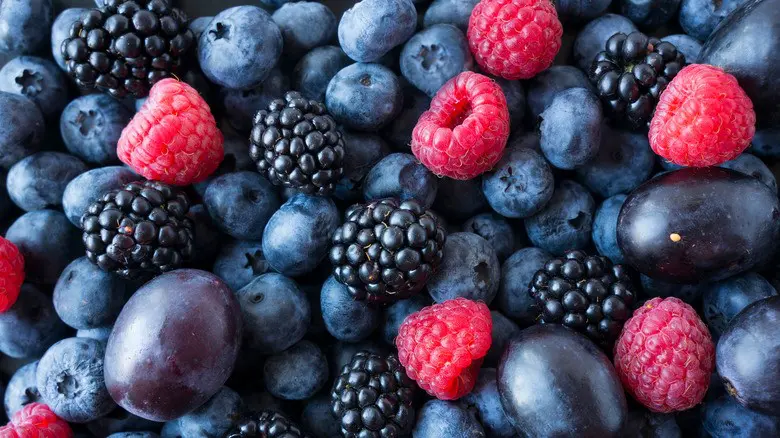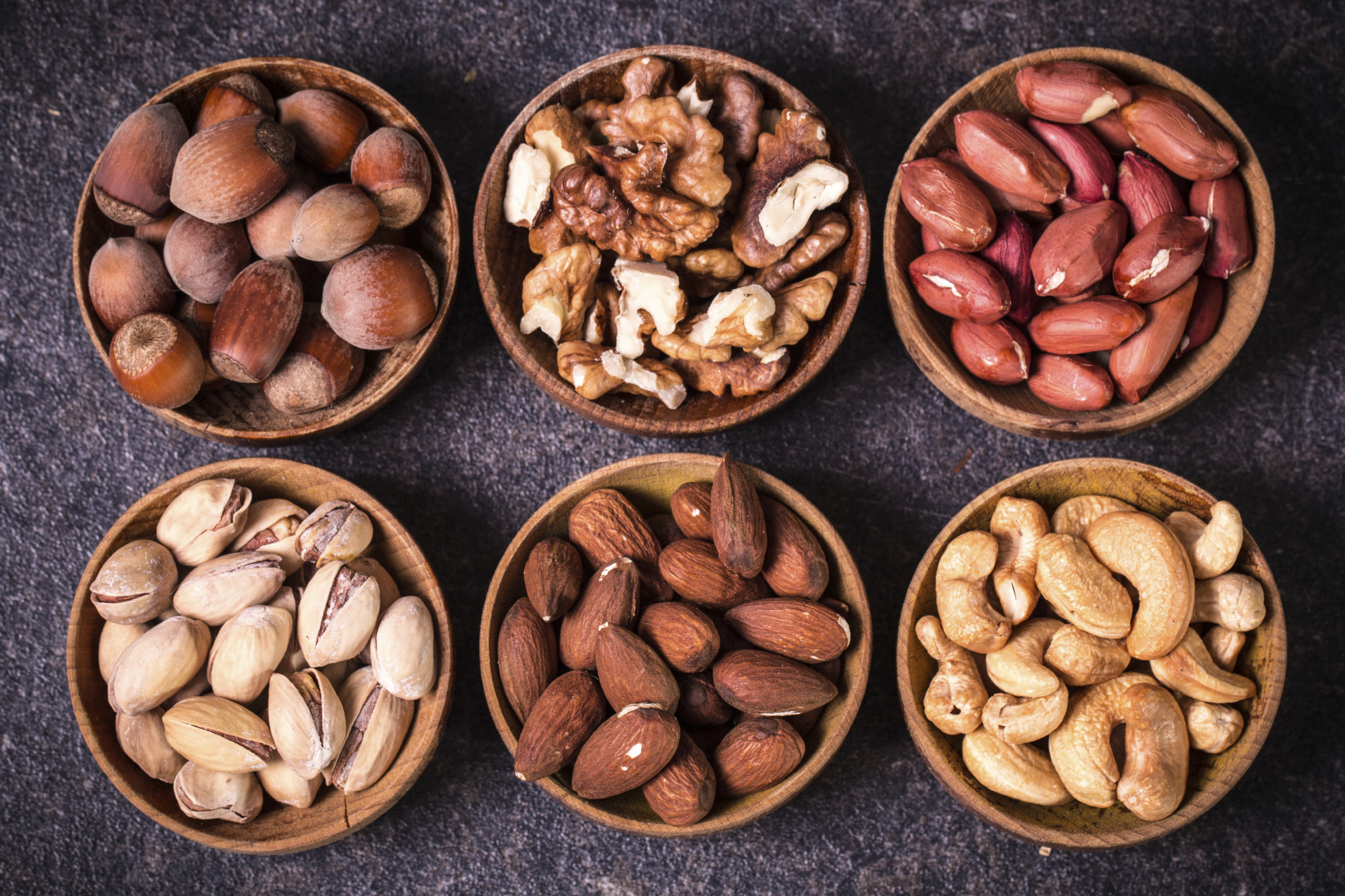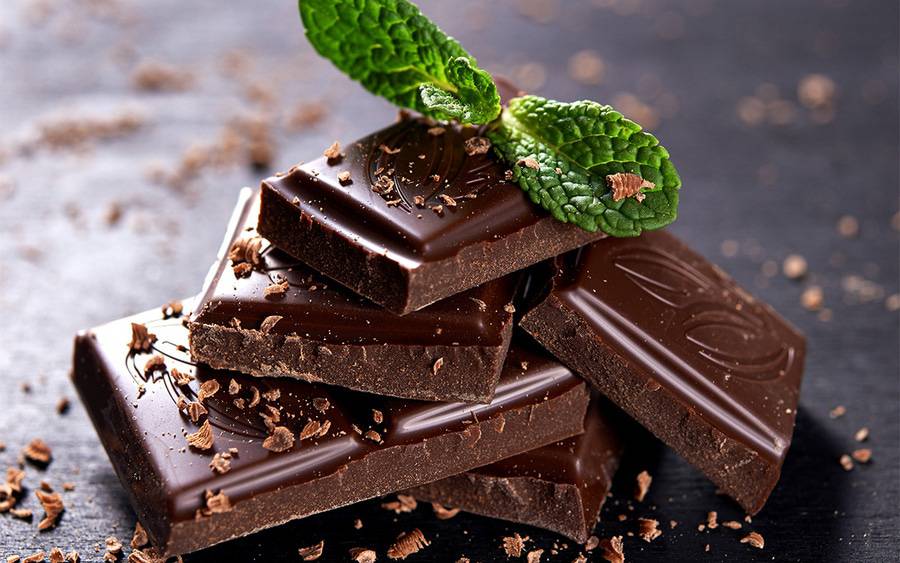Foods That Help with Anxiety: A Comprehensive Guide to Calming Your Mind
In today's fast-paced world, anxiety has become an increasingly common concern for many individuals. While seeking professional help is crucial, adopting a holistic approach to managing anxiety can greatly enhance one's overall well-being. One such approach involves incorporating foods that help with anxiety into your diet. These nutrient-rich options can play a significant role in calming your mind and promoting a sense of tranquility. In this comprehensive guide, we will explore various foods that are known to have anxiety-reducing properties.

Berries :
Nature's Antioxidant-Rich Anxiolytics Berries, such as blueberries, strawberries, and raspberries, are not only delicious but also packed with antioxidants that can help combat oxidative stress in the body. These vibrant fruits contain anthocyanins, which are compounds known for their antiinflammatory and neuroprotective effects. Regular consumption of berries can aid in reducing anxiety levels by promoting a healthy nervous system and supporting brain function.
Fatty Fish:
Omega-3 Fatty Acids for a Calm Mind Fatty fish like salmon, mackerel, and sardines are rich sources of omega-3 fatty acids, essential nutrients that are renowned for their potential to alleviate anxiety symptoms. Omega-3 fatty acids play a vital role in maintaining proper brain function and reducing inflammation, both of which contribute to a calmer state of mind. Including fatty fish in your diet can help with anxiety by providing the necessary building blocks for neurotransmitters that regulate mood.
Leafy Greens :
Nutrient-Dense Allies Against Anxiety Leafy greens, such as spinach, kale, and Swiss chard, are nutritional powerhouses that offer a wide array of vitamins and minerals. These greens are particularly rich in magnesium, a mineral known to support relaxation and reduce stress. Incorporating magnesium-rich foods into your meals can contribute to a sense of calm and overall emotional well-being, making leafy greens a valuable addition to your diet of foods that help with anxiety.

Nuts and Seeds :
Crunchy Stress-Busters Nuts and seeds, including almonds, walnuts, chia seeds, and flaxseeds, are excellent sources of nutrients that play a role in promoting mental health. They are abundant in magnesium, zinc, and healthy fats, which are all essential for neurotransmitter function and mood regulation. Snacking on these nutrient-packed options can help keep anxiety at bay and support a balanced emotional state.
Complex Carbohydrates :
Serotonin-Boosting Comfort Foods Complex carbohydrates, such as whole grains, quinoa, and sweet potatoes, are foods that help with anxiety by aiding in the production of serotonin, a neurotransmitter that promotes feelings of happiness and relaxation. These foods provide a steady release of energy and help stabilize blood sugar levels, preventing mood swings and contributing to a more even-keeled emotional state.
Herbal Teas :
Soothing Blends for Stress Reduction While not technically "foods," herbal teas are worth mentioning due to their potential to calm anxiety. Chamomile, lavender, and lemon balm teas are renowned for their calming properties and can be a soothing addition to your daily routine. These teas contain compounds that interact with brain receptors, promoting relaxation and tranquility.

Dark Chocolate:
Indulgence with Anxiety-Reducing Benefits For those looking to satisfy their sweet tooth while also reaping anxiety-reducing benefits, dark chocolate is an ideal option. Dark chocolate contains antioxidants and flavonoids that can positively affect mood and reduce stress. Consuming a moderate amount of high-quality dark chocolate can be a guilt-free way to indulge while helping to alleviate anxiety.
Conclusion
Incorporating foods that help with anxiety into your diet can be a proactive and enjoyable step towards managing your emotional well-being. Berries, fatty fish, leafy greens, nuts and seeds, complex carbohydrates, herbal teas, and even dark chocolate are all valuable additions to your meals that can contribute to a calmer, more relaxed state of mind. While no single food can completely eliminate anxiety, adopting a balanced diet that includes these anxiety-calming options can complement other strategies and contribute to a holistic approach to mental wellness. Remember, your dietary choices play a significant role in shaping your overall health, including your emotional resilience.